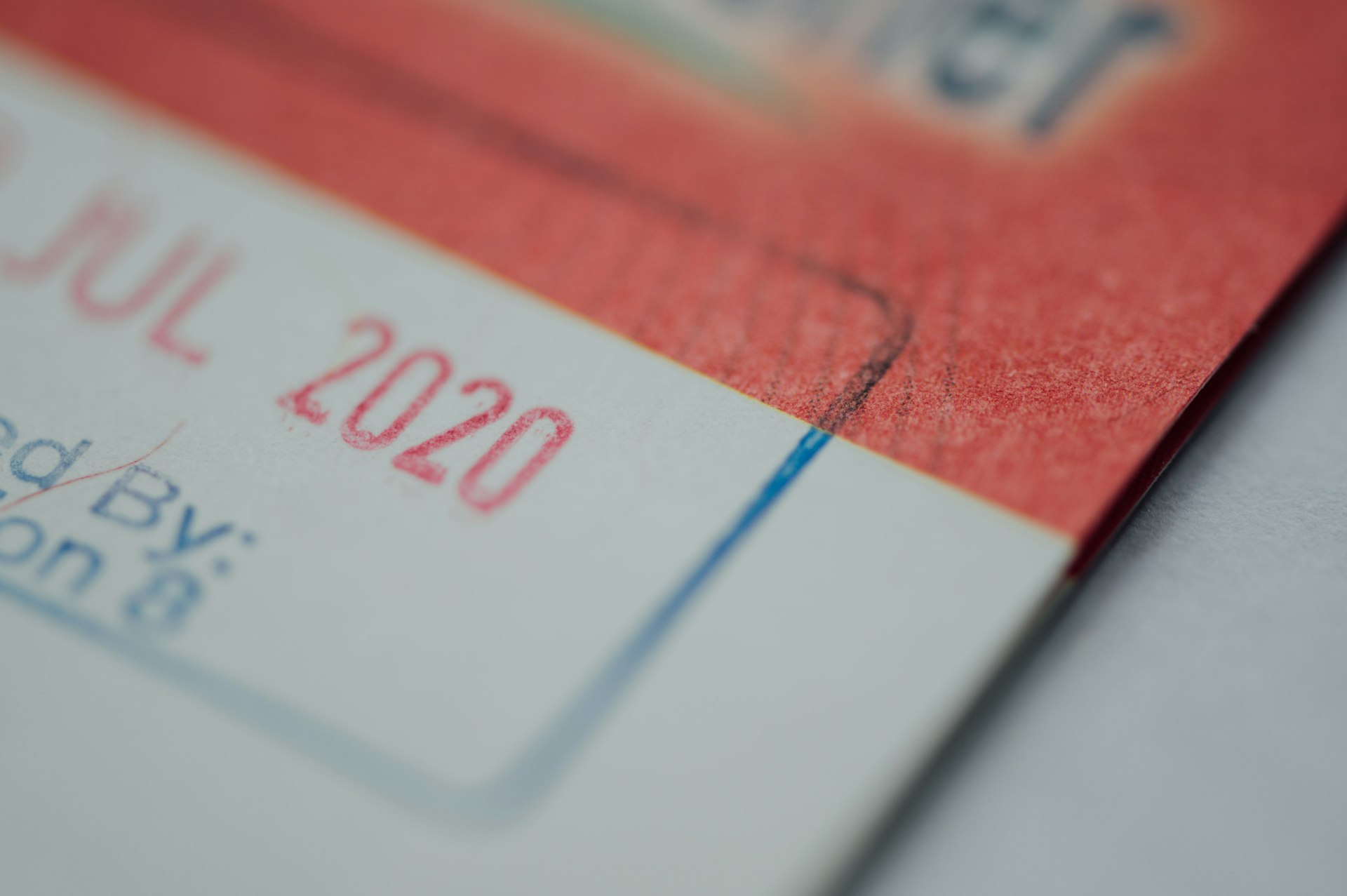Unlocking Real Estate Investment: How Blockchain Tokenization is Changing Property Ownership

Photo by Traxer on Unsplash
Introduction: The Rise of Blockchain Tokenization in Real Estate
Blockchain technology is rapidly disrupting traditional real estate investment by enabling the tokenization of property assets. This groundbreaking approach allows properties or their cash flows to be represented as digital tokens on a blockchain, significantly increasing liquidity, transparency, and accessibility for investors worldwide. As global real estate is valued at nearly $29 trillion, the potential impact of tokenization is profound, making it possible to own, trade, and manage property shares much like stocks or bonds. [4] This article offers a comprehensive guide to real estate tokenization on blockchain-explaining its mechanisms, advantages, real-world use cases, challenges, and how individuals and institutions can get involved.
How Real Estate Tokenization Works
Real estate tokenization refers to the process of converting ownership rights or future cash flows from a property into digital tokens on a blockchain. These tokens can represent full ownership, fractional ownership, or income streams (such as rental payments). [2]
The main steps involved are:
- Asset Valuation and Due Diligence: The property is professionally appraised, with legal checks to confirm ownership, regulatory compliance, and absence of encumbrances. This stage is essential for transparency and investor trust. [1]
- Token Creation: Once the asset is approved, digital tokens are created on a blockchain such as Ethereum or Binance Smart Chain. Each token can represent a fraction of the property or a specific right (e.g., a share of rental income). Smart contracts automate ownership rules and transactions. [1] [2]
- Issuance and Distribution: Tokens are sold to investors, either directly or through regulated platforms. Purchases can often be made using fiat or cryptocurrency. [2]
- Secondary Trading and Management: Token holders can trade their shares on approved exchanges, offering liquidity not possible with traditional real estate. Smart contracts manage ongoing rights, such as distributing rental income or enabling voting on property decisions. [4]
Types of Tokenized Real Estate
Tokenized real estate can take several forms, each offering unique benefits:
- Full Property Tokenization: The entire property is represented by a single token (often an NFT). Owning the token equals full ownership. [2]
- Fractional Ownership: The property is divided into multiple fungible tokens, allowing investors to own a small percentage. This dramatically lowers the barrier to entry and enables diversified portfolios. [4] [1]
- Tokenized Cash Flows: Tokens represent future income streams (like rent), which can be bought and sold independently of property ownership. [2]
Benefits of Real Estate Tokenization on Blockchain
Tokenization introduces several advantages over traditional real estate investment methods:
- Increased Liquidity: Traditionally, real estate is illiquid, requiring weeks or months to buy or sell. Tokenization enables swift trading of property shares, reducing transaction times to minutes or hours. [4] [3]
- Fractional Access: Investors can own small portions of high-value properties, making real estate accessible to a broader audience. [1]
- Global Reach: Blockchain platforms allow international participation, opening markets to global investors.
- Operational Efficiency: Smart contracts automate administration, reduce reliance on intermediaries, and lower costs. [3]
- Transparency and Security: Blockchain’s immutable ledger ensures transparent ownership records and secure transactions.
Real-World Examples and Case Studies
Tokenization is already being applied in significant real estate projects:
For example, Kin Capital announced a $100 million real estate debt fund on the Chintai blockchain, targeting institutional investors with minimum investments of $50,000. [5] Such initiatives demonstrate how blockchain is enabling new fund structures, faster transactions, and global participation.
Other platforms, such as those leveraging Ethereum, have tokenized commercial and residential buildings, offering tokens as low as $1,000 per share, enabling investors to diversify across properties in different regions. [1]

Photo by Markus Winkler on Unsplash
Challenges and Solutions in Real Estate Tokenization
Despite its promise, tokenization faces several challenges:
- Regulatory Compliance: Property tokenization must adhere to local securities and real estate laws, which vary by jurisdiction. Regulatory uncertainty can delay or restrict projects. Before investing, consult legal professionals and check for regulatory filings or approvals.
- Technology and Security Risks: Blockchain platforms and smart contracts require robust security measures. Investors should ensure platforms undergo regular audits and maintain strong cybersecurity practices.
- Market Maturity: Secondary trading markets for real estate tokens are still developing. Liquidity may be limited on certain platforms, so verify trading options and platform reputation before investing.
- Due Diligence: Not all tokenized properties are equal. Conduct independent research on property quality, issuer reputation, and underlying legal structures before purchasing tokens.
To address these challenges, many platforms now partner with established custodians, use regulated exchanges, and provide detailed disclosures to investors.
How to Participate in Real Estate Tokenization
If you are interested in investing in tokenized real estate or considering tokenizing your own property, here are recommended steps:
- Research Reputable Platforms: Look for established blockchain real estate platforms with a track record of successful projects and transparent disclosures. Examples include platforms operating on Ethereum or Binance Smart Chain. Always verify regulatory standing and user reviews.
- Understand Regulatory Requirements: Check if the platform or offering complies with relevant securities and property laws. In the U.S., offerings may require SEC registration or exemptions. Consider consulting a real estate attorney familiar with blockchain-based investments.
- Perform Due Diligence: Review property details, legal structures, and smart contract code (if possible). Request independent appraisals and examine the track record of the issuer.
- Set Up a Digital Wallet: Most platforms require a blockchain wallet compatible with their token standard (e.g., Ethereum’s ERC-20 or NFTs). Follow platform instructions for wallet setup and security best practices.
- Participate in Token Offerings: Once registered and verified, you can purchase property tokens directly through the platform. Minimum investment amounts and funding methods (fiat or crypto) vary by project.
- Monitor Your Investments: Use the platform dashboard or connect your wallet to track ownership, receive income distributions, and trade tokens on approved secondary markets if available.
If you wish to tokenize your own property, you should:
- Engage legal and real estate professionals to conduct valuation and compliance checks.
- Select a blockchain platform with proven experience in asset tokenization.
- Work with technical experts to design and deploy secure smart contracts.
- Prepare investor disclosures and ensure full regulatory compliance.
For those unable to find suitable platforms, you may search for “blockchain real estate tokenization platforms” or contact well-known blockchain consulting firms for recommendations. Always confirm the legitimacy and standing of any company before providing personal or financial information.
Alternative Approaches and Future Trends
While most current projects focus on commercial or residential property, tokenization can be applied to other tangible and intangible assets, including art, infrastructure, or even future rental income streams. [3] The technology is evolving rapidly, with the emergence of decentralized finance (DeFi) applications that enable new forms of lending, borrowing, and collateralization using real estate tokens. [5]
Over the next few years, more regulatory clarity, platform interoperability, and mainstream adoption are expected to drive significant growth in tokenized real estate markets.
Summary and Key Takeaways
Real estate tokenization on blockchain technology is transforming property investment by enabling fractional ownership, increased liquidity, and global accessibility. With the right research, due diligence, and professional guidance, investors and property owners can tap into new opportunities and reshape their real estate strategies for the digital age.
If you are interested in participating, start by researching reputable platforms, understanding relevant regulations, and consulting experienced professionals. For the latest developments, consider following leading blockchain and real estate industry publications or joining industry forums.
References
- [1] Primior (2024). How the Tokenization of Real Estate Works: A Detailed Guide.
- [2] MantraChain (2024). Real Estate Tokenization: Unlocking the Future of Property Investment.
- [3] EY (2024). Tokenization – From Illiquid to Liquid Real Estate Ownership.
- [4] Chainlink (2024). What Is Tokenized Real Estate?
- [5] Deloitte (2025). Tokenized Real Estate.
MORE FROM discountdiscover.com













